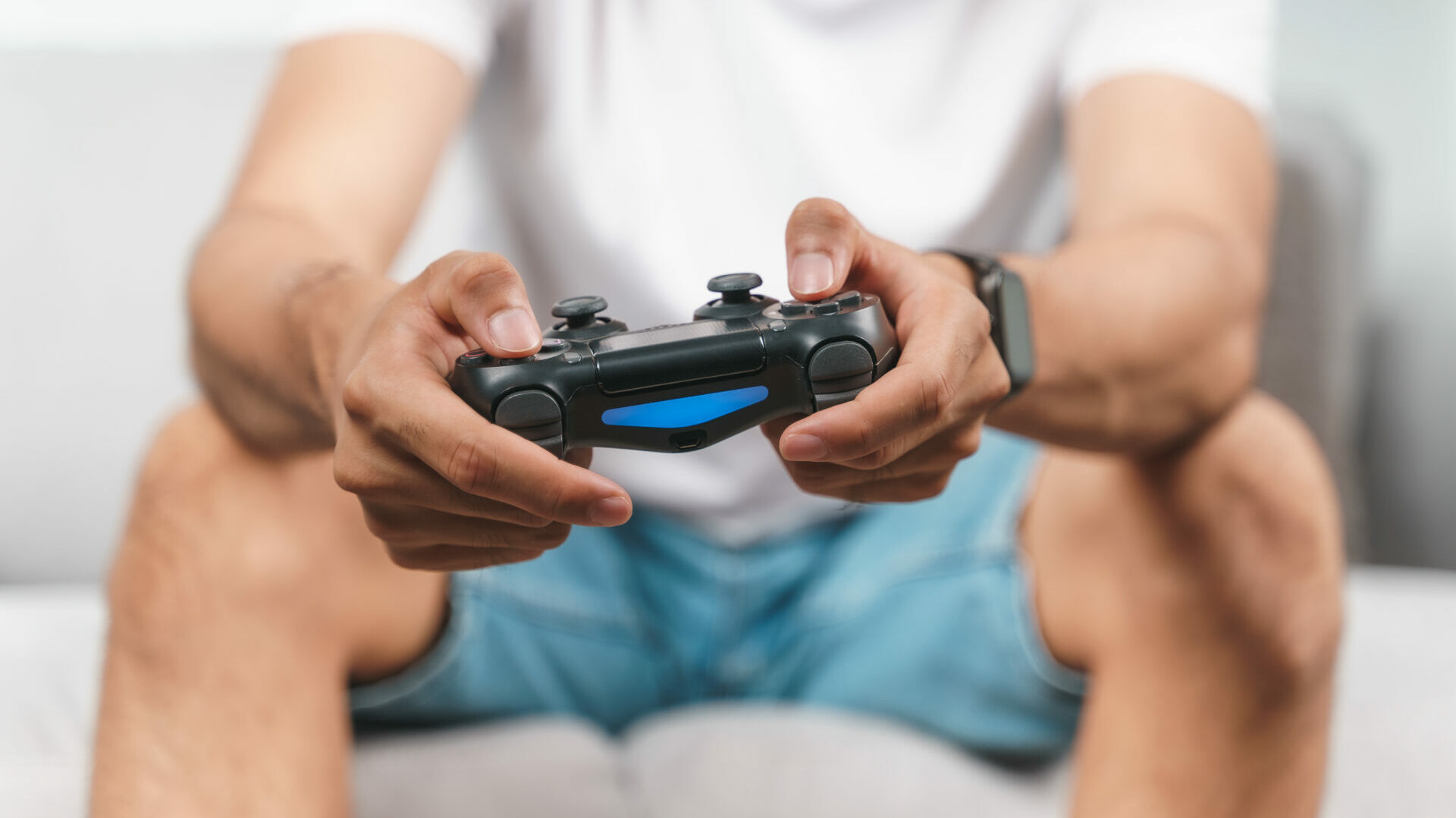LGBTQ+ representation in gaming ‘woefully behind’ says new GLAAD study
Over half of queer players also reported experiencing harassment while playing online games, the study states
By Adam Lawler

A new study published by LGBTQ+ media advocacy group GLAAD has found that less than 2% of available video games contain LGBTQ+ characters or storylines. This fails to match the demographic makeup of gaming, with nearly 1 in 5 (17%) players identifying as queer.
Analysing the digital libraries of leading gaming platforms Xbox, PlayStation, Nintendo Switch, and Steam, GLAAD determined representation is disproportionately low. Out of thousands of games, only a few hundred were tagged as containing LGBTQ+ content.
For comparison, the study notes significantly higher rates of inclusion in related media – 28.5% of top Hollywood films, 10.6% of primetime broadcast TV characters, and 3% of TV ads in 2022 featured queer stories or people.
This lag correlates with hostility towards LGBTQ+ gamers. Over half of queer players reported experiencing harassment while playing online games.
LGBTQ+ gamers 4-5 times more likely to purchase games with queer leads, GLAAD says
Yet GLAAD found LGBTQ+ gamers 4-5 times more likely to purchase games with queer leads. It also highlights franchises like The Last of Us and Mass Effect as evidence engaging with queer identities need not alienate players.
Other key findings in the study include:
- 72% of LGBTQ+ gamers feel better about themselves seeing well-represented characters who share their identity
- 68% wish there were more prominent LGBTQ+ storylines in games
- LGBTQ+ players view gaming as vital for self-expression and escaping discrimination
Based on these insights, GLAAD makes several recommendations to the industry. Firstly, it advises the percentage of games containing LGBTQ+ characters should match the demographic makeup of players.
It also calls on developers to promote inclusive representations that encourage acceptance and make gaming culture less toxic overall. Consulting LGBTQ+ media experts throughout production is suggested to achieve authentic storytelling.
“Despite the significant progress we’ve seen, gaming remains woefully behind other forms of entertainment media when it comes to representation,” Blair Durkee, GLAAD’s associate director of gaming, said in the report.
“Developers have the opportunity to meet a critical need for our community while also expanding their audience.”
The full findings can be read here [PDF].
